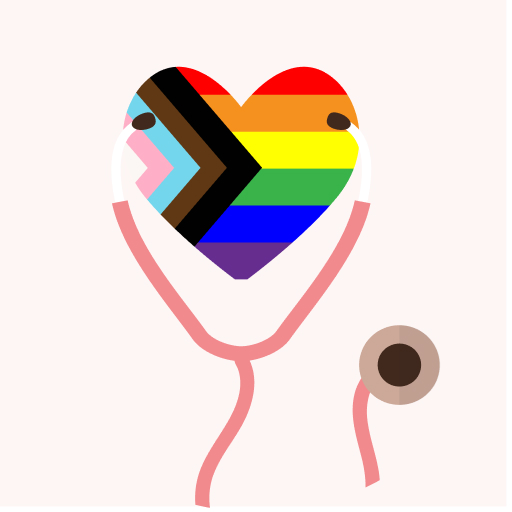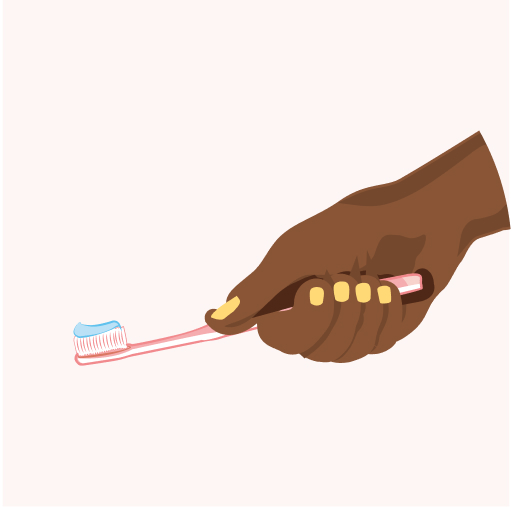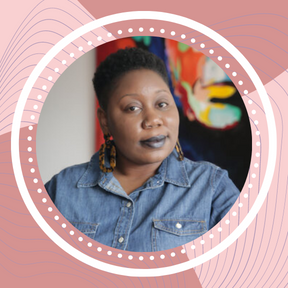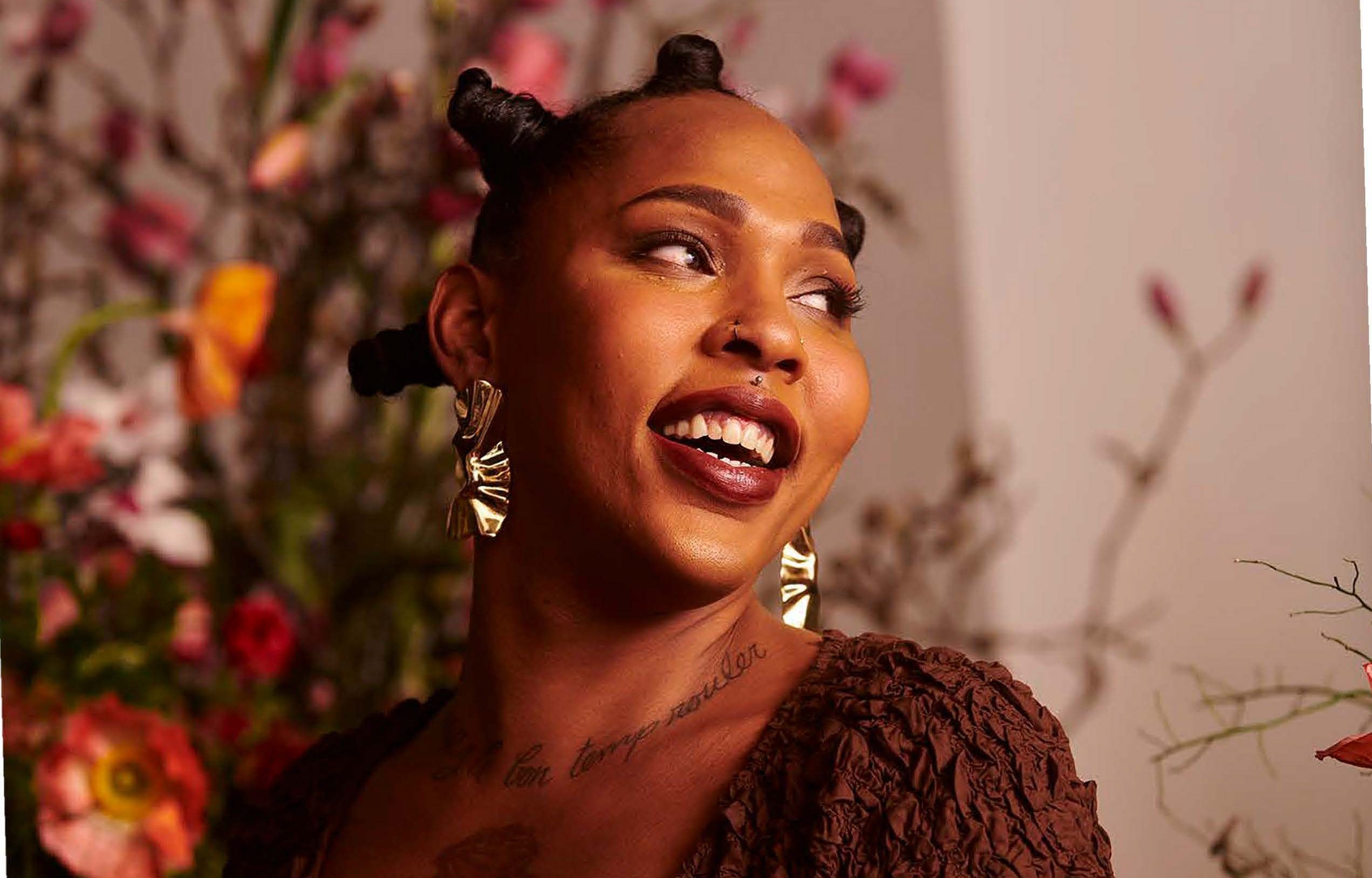
Why My Work as a Therapist Made Me Concerned About Black Women’s Reproductive Health
In today’s world, Black women are disproportionately affected by birth and delivery complications, high-risk pregnancies, infant and maternal mortality. According to the National Partnership for Women & Families, Black women are 3 to 4 times more likely to experience a pregnancy-related death than White women. Unfortunately, Black women’s heightened risk of pregnancy-related deaths spans income and education levels. These issues affect a wide variety of our African-American sisters – not just a select few – and are hard to predict.
As a mental health therapist in Grand Rapids, Michigan I’ve worked with dozens of women with young children. During my days of home-based therapy, I noticed that many of the women I served did not understand how their body or reproductive system actually works. What was even more concerning was that the majority of my clients were Black women like me. It was very disheartening for me entering the homes of Black women time after time and hearing their stories of unplanned pregnancies; and the fear that sometimes ensued after missing a period because they lacked adequate knowledge.
As I would share health information in my therapy sessions and friend circles, I quickly saw that what I had read and experienced was indeed a more widespread reality than just the women I encountered in my therapy work. Many women, no matter their income and education level, are not always fully informed or aware of their bodies. For example, my friends with Master degrees, PhDs, with and without families come to me for questions about birth control, periods, discharge, and more.
As a Black woman and health practitioner it’s my passion to help women feel knowledgeable and comfortable with their reproductive system. I strongly believe every woman should know the length of their cycle and what organs make up the female reproductive system. Knowing just those two things can help you monitor your current health, make more informed decisions, feel confident, and ensure strong maternal and infant health when ready. Everyone, including those in a season of starting a family and even those who think babies are far off in the future should get to know their bodies. For example, when you are able to identify your unique body norms such as the length of your cycle and specific changes that occur before your cycle like bloating or acne you can better recognize when something is wrong or needs your attention.
With Black women facing many health disparities in maternal health and birth outcomes, I think it’s important that this topic is discussed and action taken. More specifically, two solutions I think that can be useful in combating birth disparities and outcomes are family planning and birth spacing.
Family planning is the practice of controlling the number and spacing of children, often through birth control or ovulation tracking. Family planning is important for all women. Anytime you put a plan together you are more likely to have better outcomes. When it comes to having children, you have to learn your body before putting together a plan. This plan can reduce the risk of unplanned pregnancies. This is important. Studies have reported that unplanned pregnancies can increase stress levels, anxiety, and cause delayed prenatal care. High stress levels and delayed care may cause adverse effects during and after pregnancy. Especially considering the racial disparities we see in infant and maternal health, it’s important for Black women to use family planning to reduce stress for them and the baby and make sure they receive timely, comprehensive prenatal care.
Birth spacing is another approach that’s in our control that we can use to combat birth disparities. Birth spacing is defined as the practice of waiting in between pregnancies. It is best practice to wait a minimum of 24 months after delivering before conceiving again. Being pregnant and giving birth causes stress on the female body. A woman’s body changes immensely as it nurtures and then births a human to sustain life on its own. All of those changes impact a woman physically, mentally, and emotionally – sometimes all at once or over a period of time. When you properly space pregnancies it not only allows your body to literally heal and rebuild, but it can help reduce mental health challenges like postpartum depression caused by the sudden decrease in hormones (progesterone & estrogen) after birth. Also, birth spacing is a benefit to the baby because it allows mom and the other caregivers to build a secure attachment relationship before another birth.
I want Black women to be equipped and informed about our bodies. That way, when something is “off” we know and can see our doctor. We will be able to happily welcome a pregnancy because we are physically and emotionally ready and accessing proper care. Starting with general reproductive knowledge, using strategies like family planning and birth spacing can set a better foundation to reduce the maternal and infant health disparities experienced by Black women.
With better health Black women will feel empowered in their bodies and able to share this information with other women to create a new dialogue about reproductive health. This is my passion and I want my sisters to know how to protect and nourish their wombs.












